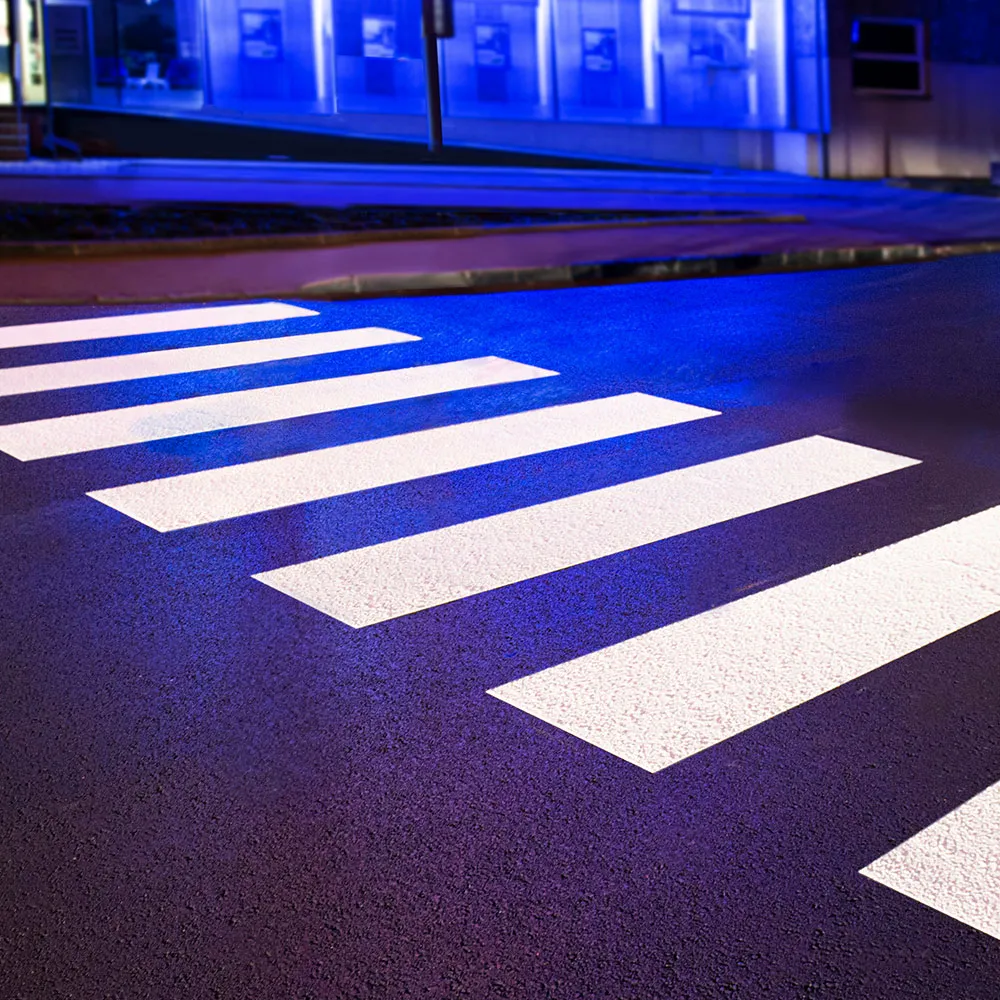Helsinki Region Transport (HSL) and the Technical Research Centre of Finland (VTT) are to launch an extensive joint pilot to introduce light-weight electric buses in Helsinki, where the demanding climatic conditions provide an excellent test environment. The first 12 buses, made from aluminium and developed by Linkker, will purchased by HSL and be in service by late summer. The buses will be equipped with sensors to collect data and a real-time monitoring and control system will be developed to receive info
February 26, 2015
Read time: 2 mins
The first 12 buses, made from aluminium and developed by Linkker, will purchased by HSL and be in service by late summer.
The buses will be equipped with sensors to collect data and a real-time monitoring and control system will be developed to receive information about battery charge levels. Their performance will be evaluated in VTT's chassis dynamometer.
The pilot is part of a wider four-year development project of innovative and emission-free bus transport in order to create the infrastructure and operating network for the introduction of new technologies.
"Thanks to their light weight, the buses will also be extremely energy-efficient. The batteries will be quick-charged at the terminal. Other benefits include zero emissions and quiet operation," says Linkker's managing director Kimmo Erkkilä.
"VTT has been involved in the development of electric buses right from the start, and we are pleased to say that Finland is creating an international reference for electric buses," says Nils-Olof Nylund, head of VTT's TransSmart research programme.
HSL's target is to reduce carbon dioxide emissions and harmful local emissions from bus transport by over 90 per cent by 2025. In order to reach this target, HSL has to implement electric buses, new low-emission diesel vehicles and biofuels.









